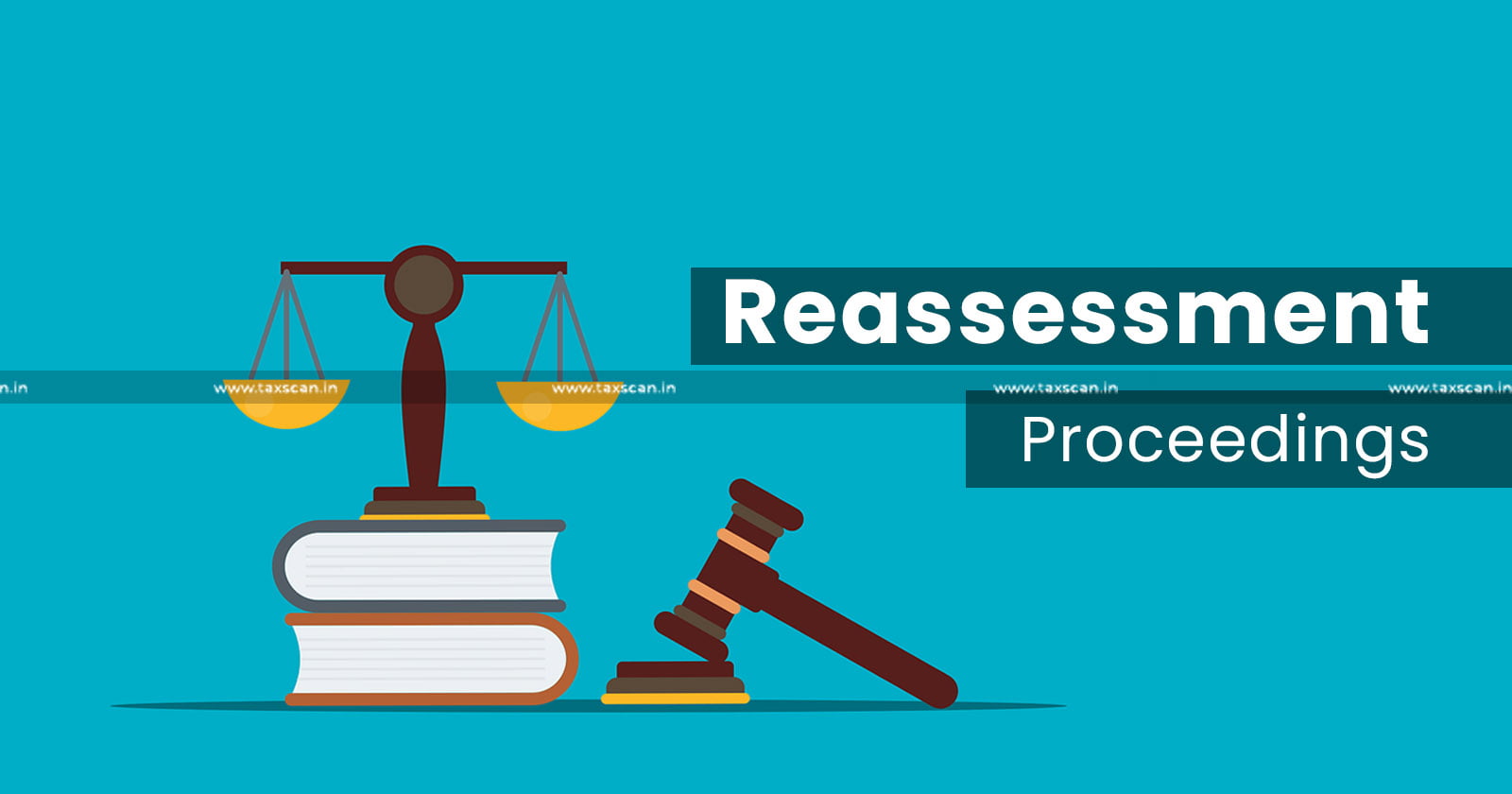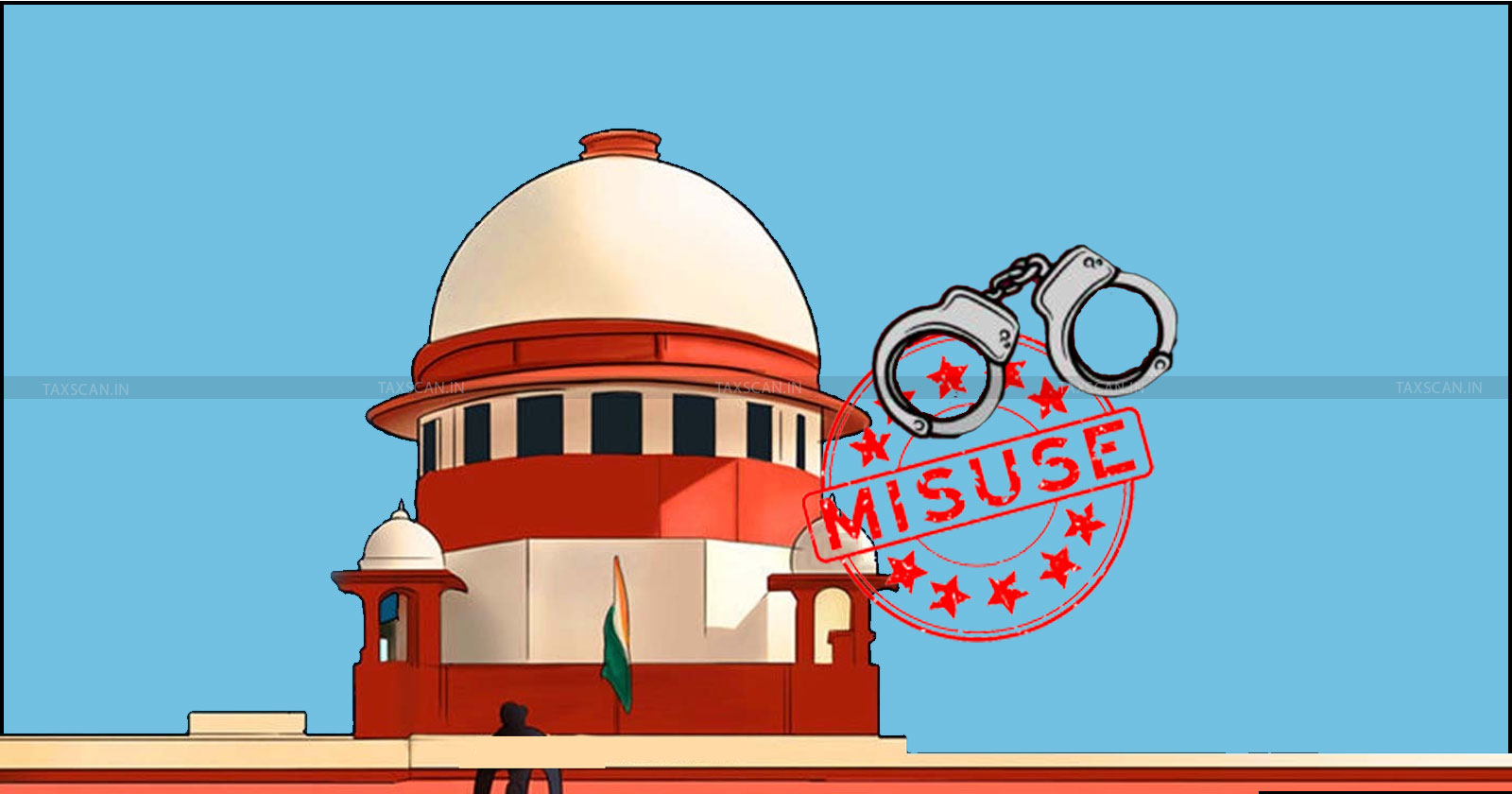No Confiscation Without Authority: CESTAT Rules DRI and Customs Cannot Invalidate BRCs or DEPB Scrips Without DGFT or RBI Action [Read Order]
CESTAT rules that DRI cannot declare DEPB scrips issued by DGFT as null and void, setting aside duty demands and penalties imposed without legal authority
![No Confiscation Without Authority: CESTAT Rules DRI and Customs Cannot Invalidate BRCs or DEPB Scrips Without DGFT or RBI Action [Read Order] No Confiscation Without Authority: CESTAT Rules DRI and Customs Cannot Invalidate BRCs or DEPB Scrips Without DGFT or RBI Action [Read Order]](https://images.taxscan.in/h-upload/2025/09/03/2083779-confiscation-without-authority-cestat-dri-customs-brcs-depb-scrips-dgft-rbi-action-taxscan.webp)
The New Delhi Bench of the Customs, Excise and Service Tax Appellate Tribunal (CESTAT) ruled that the Directorate of Revenue Intelligence (DRI) has no legal authority under the Customs Act or any other law to declare Duty Entitlement Passbook (DEPB) scrips issued by the Directorate General of Foreign Trade (DGFT) as null and void.
The case arose from a batch of 21 appeals filed by importers, bank officers, and a chartered accountant against an order passed by the Commissioner of Customs, Air Cargo Complex (Export), New Delhi.
The impugned order confirmed duty demands and imposed penalties based on a show cause notice issued by the Additional Director General (ADG), DRI. The notice alleged that three exporters had fraudulently obtained DEPB scrips using incorrect declarations and bank realisation certificates (BRCs), which were then sold to importers who used them to clear goods.
The DRI held that the DEPB scrips were obtained fraudulently and were ab initio void. Agreeing with the DRI’s findings, the Commissioner held that the goods imported using such scrips were liable to confiscation and that the importers were liable to pay duty and penalties.
Penalties were also imposed on bank officers and a chartered accountant for their alleged involvement in the issuance of BRCs used in the fraudulent transactions.
 Also Read:Income Tax Reassessment Proceedings: SC Instructs AO to Dispose of Objections as per Law Laid Down in Rajeev Bansal Case [Read Order]
Also Read:Income Tax Reassessment Proceedings: SC Instructs AO to Dispose of Objections as per Law Laid Down in Rajeev Bansal Case [Read Order]
The appellants' counsel argued that the DEPB scrips were issued by the DGFT, a separate statutory authority under the Foreign Trade (Development and Regulation) Act, and could not be invalidated by DRI or Customs authorities.
They further submitted that the importers had purchased and used the scrips in good faith, and that the BRCs were issued by banks under Reserve Bank of India (RBI) guidelines. The appellants also contended that duty could not be demanded under Section 125(2) of the Customs Act as no goods were confiscated or redemption option exercised.
The revenue counsel argued that the exporters had obtained DEPB scrips through misdeclaration and fraud, and the importers were not entitled to duty exemptions based on such instruments. The revenue argued that BRCs had been issued in violation of RBI regulations and were not genuine proof of foreign exchange remittance.
The bench comprising Justice Dilip Gupta (President) and P.V. Subba Rao (Technical Member) observed that Customs officers do not have statutory authority to declare DGFT-issued scrips invalid. It explained that the power to cancel or nullify DEPB scrips lies solely with the DGFT.
The tribunal pointed out that even if the scrips were obtained through fraud, they remained valid until cancelled by the competent authority. It further observed that the demand of duty under Section 125(2) was unsustainable as it presupposes confiscation of goods, which had not occurred.
The tribunal allowed all 21 appeals. It set aside the impugned order, holding that the findings and penalties imposed by the Commissioner were without authority of law. The appellants were granted consequential relief.
Support our journalism by subscribing to Taxscan premium. Follow us on Telegram for quick updates



